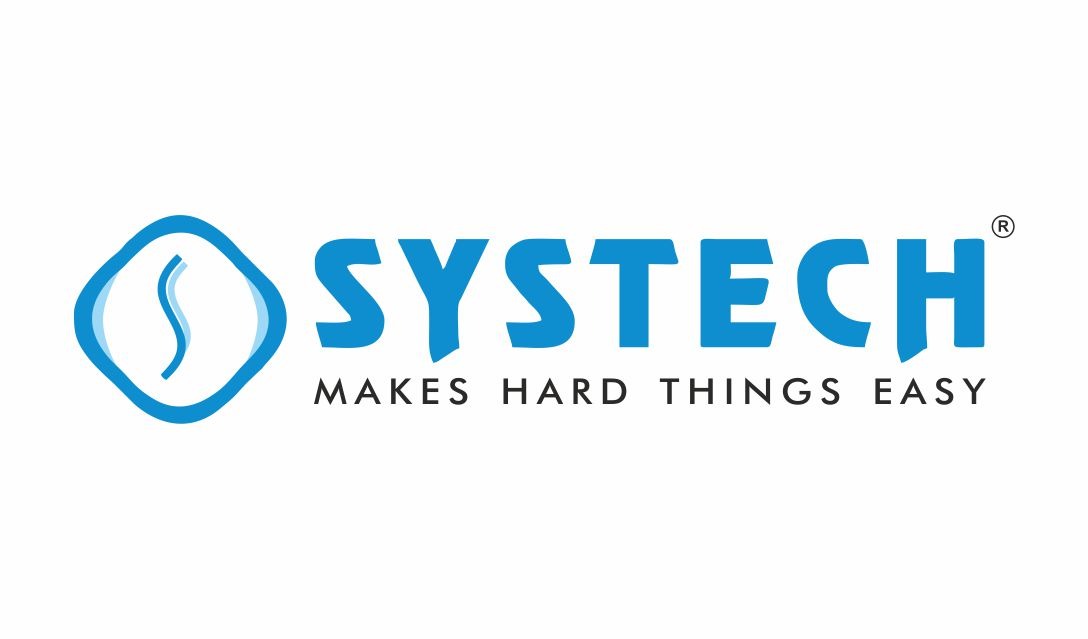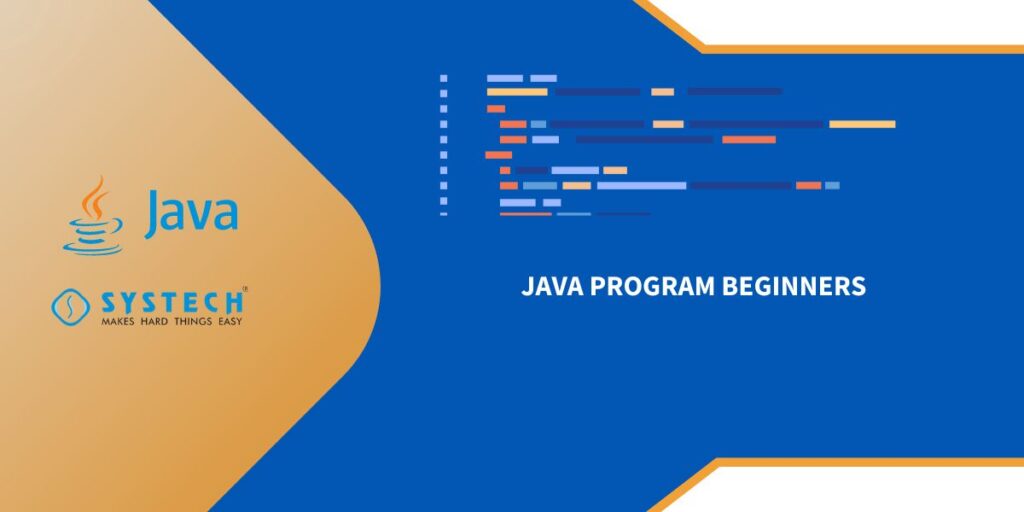A Beginner's Guide to Java Programming: Building Your First Java Program
Java, a versatile and powerful programming language, has been a popular choice for beginners and seasoned developers alike. If you’re new to programming or looking to explore a language with a vast ecosystem, Java is an excellent starting point. In this guide, we’ll walk through the basics of Java programming and build a simple yet illustrative program.
Getting Started with Java:
Step 1: Installing Java Development Kit (JDK):
Before diving into coding, ensure you have the Java Development Kit (JDK) installed on your machine. You can download the latest version from the official Oracle website or opt for an open-source alternative like OpenJDK.
Step 2: Setting Up Your Development Environment:
Choose an integrated development environment (IDE) to write and run your Java code efficiently. Popular choices include Eclipse, IntelliJ IDEA, and Visual Studio Code.
Anatomy of a Java Program:
A Java program is organized into classes and methods. Let’s create a simple “HelloWorld” program to understand the basic structure.
Code :
public class HelloWorld {
public static void main(String[] args) {
// Your code here
System.out.println("Hello, World!");
}
}
Output :
Hello, World!
Explanation:
- public class HelloWorld: Defines a class named “HelloWorld.”
- public static void main(String[] args): The main method, the entry point of every Java program.
- System.out.println(“Hello, World!”);: Outputs the famous “Hello, World!” message to the console.
Compiling and Running Your Java Program:
Save the code in a file named HelloWorld.java. Open your command prompt or terminal and navigate to the directory containing the file.
Step 3: Compiling the Code:
Use the following command to compile the Java source code:
Code:
javac HelloWorld.java
This command generates a bytecode file (HelloWorld.class) that can be executed by the Java Virtual Machine (JVM).
Step 4: Running the Program:
Execute the compiled code with:
Code:
java HelloWorld
You should see the output: "Hello, World!" printed to the console.
Understanding Key Concepts:
Variables and Data Types:
Java supports various data types like int, double, char, and more. Declare variables to store and manipulate data.
Code:
int age = 25;
double salary = 50000.50;
char grade = 'A';
Conditional Statements and Loops:
Control the flow of your program with if statements and loops. Here’s an example of an if statement:
Code:
if (age >= 18) {
System.out.println("You are eligible to vote.");
} else {
System.out.println("Sorry, you are too young to vote.");
}
Conclusion:
Congratulations! You’ve just created and run your first Java program. This guide covers the fundamental concepts of Java programming, from setting up your environment to writing basic code snippets. As you continue your Java journey, explore advanced topics like object-oriented programming, exception handling, and Java libraries to enhance your skills.
Remember, practice is key in programming. Experiment with different code snippets, build small projects, and gradually tackle more complex challenges. Happy coding!
FAQs :
- What is Java programming for beginners all about?
Java programming for beginners is an introductory journey into the world of coding using the Java language, catering to individuals with little to no prior programming experience.
- How can I start learning Java programming as a complete beginner?
To kickstart your journey in Java programming for complete beginners, begin by installing the Java Development Kit (JDK), choosing a suitable IDE, and practicing simple programs.
- Is there a test specifically designed for Java program beginners?
Yes, you can find Java program tests for beginners online that cover basic syntax, concepts, and problem-solving to assess your understanding and skills.
- What are some engaging Java programming games suitable for beginners?
Java programming games for beginners can include simple projects like a text-based hangman game or a basic number-guessing game, providing a fun and interactive way to learn.
- Can you provide a list of Java programs ideal for beginners to practice?
Certainly! A Java program list for beginners may include a “HelloWorld” program, a basic calculator, a temperature converter, and a simple shopping cart application.
- Are there any recommended simple Java programs for beginners to build confidence?
Absolutely! Simple Java programs for beginners may include a program to find the factorial of a number, a basic palindrome checker, or a program to reverse a string.
- What are some essential basic Java programs every beginner should try?
Basic Java programs for beginners should cover concepts like loops, conditionals, and data types. Examples include a program to check for prime numbers or to display the Fibonacci series.
- How can I learn Java programming from scratch as a complete beginner?
To learn Java programming for beginners, start with online tutorials, interactive coding platforms, and beginner-friendly resources. Practice coding regularly to reinforce your understanding.
- What resources are available to help me learn Java programming step by step as a beginner?
Several online platforms, books, and courses cater specifically to those wanting to learn Java programming for beginners. Look for resources that provide hands-on examples and projects.
- Can you guide me on how to write a Java program for beginners?
Certainly! To write a Java program for beginners, begin with a simple structure, define a class, create a main method, and practice using variables, loops, and conditionals. Don’t forget to run and test your code regularly for hands-on learning.

